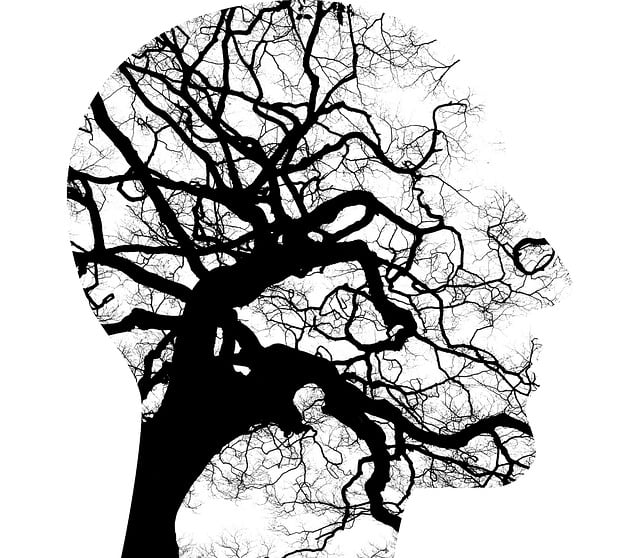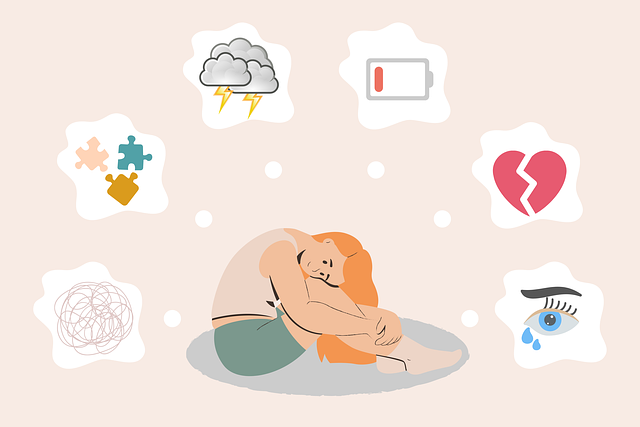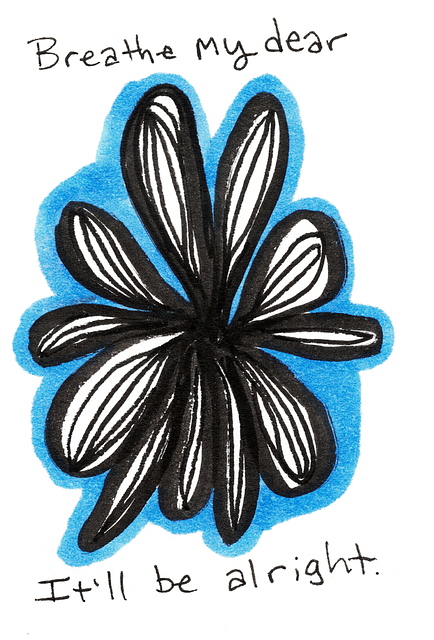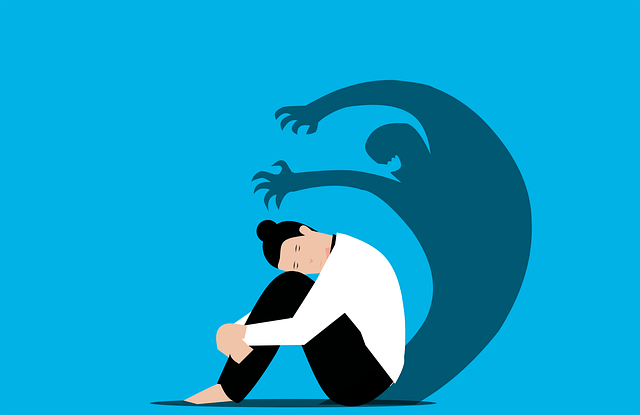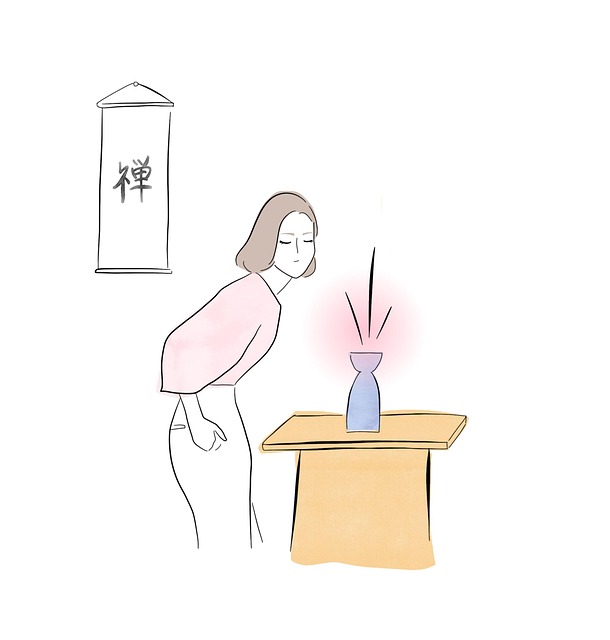Mental wellness groups in Louisville Chronic Illness Therapy provide a supportive community for individuals with complex health challenges, empowering them through peer connections, mindfulness meditation, and self-care routines. Facilitators use effective communication techniques, including active listening, clear language, and analogies, to create a safe space. This holistic approach, focusing on both physical and mental aspects, prevents depression, fosters trust, and enhances the therapeutic experience, making it accessible and beneficial for all participants.
Mental wellness groups play a pivotal role in Louisville Chronic Illness Therapy, offering a supportive environment for individuals navigating complex health challenges. This article explores effective facilitation techniques for these groups, focusing on communication strategies, safety creation, and engagement fostering. By delving into these key aspects, we aim to equip facilitators with tools to enhance group dynamics, making therapy sessions more impactful and beneficial for participants in Louisville.
- Understanding Mental Wellness Groups: Their Role in Louisville Chronic Illness Therapy
- Effective Communication Strategies for Group Facilitators
- Creating a Safe and Supportive Environment for Participants
- Techniques to Foster Engagement and Overcome Barriers in Group Settings
Understanding Mental Wellness Groups: Their Role in Louisville Chronic Illness Therapy

Mental wellness groups play a pivotal role in Louisville Chronic Illness Therapy, offering a supportive environment for individuals navigating complex health challenges. These groups facilitate peer-to-peer connections, fostering a sense of community and understanding among members facing similar struggles. By sharing experiences, coping strategies, and Mind Over Matter principles, participants gain valuable insights and build resilience.
The dynamic nature of these groups, often enhanced by Mental Wellness Podcast Series Production and led by trained facilitators, encourages active engagement in mindfulness meditation practices. This holistic approach not only addresses the physical aspects of chronic illness but also prioritizes mental wellness, enabling individuals to develop effective self-care routines and improve their overall quality of life.
Effective Communication Strategies for Group Facilitators

Effective communication is a cornerstone for group facilitators, especially when addressing sensitive topics like chronic illness and mental health in Louisville therapy settings. Facilitators must balance open dialogue with structured activities to create a safe and supportive environment. Active listening becomes paramount; it encourages participants to express their feelings and experiences without judgment. This skill allows facilitators to identify emotional cues, recognize individual needs, and tailor support accordingly.
Additionally, clear and concise language is essential for conveying information about mental health awareness and promoting healthy emotional regulation. Group facilitators can employ various techniques, such as simple explanations, analogies, and real-life examples, to ensure everyone understands complex concepts. This approach facilitates engaging discussions, encourages active participation, and enhances social skills training, fostering a collaborative learning atmosphere that benefits all members of the Louisville chronic illness therapy group.
Creating a Safe and Supportive Environment for Participants

Creating a safe and supportive environment is paramount for facilitating effective mental wellness groups, especially when addressing sensitive topics like chronic illness in Louisville. As a facilitator, fostering an atmosphere of trust and acceptance ensures participants feel comfortable sharing their experiences. This involves active listening, validating emotions, and promoting open dialogue without judgment. Utilizing techniques such as reflective listening, where facilitators mirror and paraphrase clients’ sentiments, can help individuals feel heard and understood, building confidence to engage in therapeutic conversations.
A key aspect of group facilitation is encouraging peer support within the session and beyond. This community outreach program implementation allows members to connect with others facing similar challenges, fostering a sense of belonging. By incorporating activities that promote empathy and shared understanding, facilitators can help participants recognize they are not alone in their struggles. Such an environment is crucial for preventing depression, as it enables individuals to navigate their mental health journeys with resilience and support. Additionally, this supportive setting paves the way for exploring various mental wellness coaching programs designed to meet the unique needs of those coping with chronic illnesses.
Techniques to Foster Engagement and Overcome Barriers in Group Settings

Facilitating group therapy sessions requires a blend of skills to foster engagement and create a safe space for all participants, especially those navigating chronic illnesses in Louisville. One effective technique is incorporating interactive activities that encourage active participation. For instance, starting with a mental wellness journaling exercise can help individuals process their thoughts and feelings while also allowing facilitators to gauge the group’s emotional state. This not only breaks the ice but also provides valuable insights for tailoring subsequent discussions.
Overcoming barriers to group engagement often involves addressing potential risks and concerns. Mental health professionals should implement comprehensive risk management planning, particularly when dealing with vulnerable populations. Additionally, community outreach program initiatives can help dispel myths surrounding mental wellness, reduce stigma, and create a supportive environment where participants feel comfortable sharing their experiences. These strategies collectively enhance the therapeutic experience, making group settings accessible and beneficial for everyone, including those in Louisville seeking chronic illness therapy.
Louisville Chronic Illness Therapy benefits immensely from mental wellness group facilitation techniques. By understanding the dynamics of these groups, facilitators can create safe and supportive environments that encourage engagement. Effective communication strategies and techniques to overcome barriers are pivotal in fostering meaningful interactions. Implementing these methods enhances participant experiences, making chronic illness management more effective and accessible within the Louisville community.
